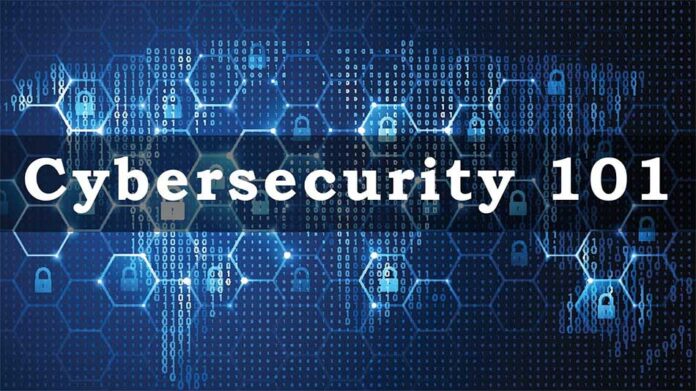Table of Contents
In today’s digital age, cybersecurity is more important than ever. Whether you’re browsing the web, shopping online, or using social media, every click and keystroke could expose you to potential cyber threats. The good news? You don’t need to be a tech expert to stay safe on the internet! With this post, we’ll break down all the essential tips and tricks for protecting your personal information online. So if you want to keep yourself safe from hackers and scammers while still enjoying all that the internet has to offer – read on!
Common Types Of Cyber Threats
Cyber threats come in various shapes and forms, each with its unique way of exploiting vulnerabilities. Malware is one common threat that encompasses malicious software such as viruses, ransomware, trojans, adware, spyware, and worms that infect your devices causing harm or stealing data.
Another form of cyber threat is phishing attacks where attackers impersonate legitimate entities to trick people into giving sensitive information including credentials used for accessing accounts. Spear-phishing carries out the same mode of attack but is directed toward specific individuals or groups.
Lastly, insecure internet connections are also threats as they can introduce uninvited guests who steal personal information while on public Wi-Fi networks in cyber cafes or airports. Understanding these types will enable you to take preventative measures against cyber-attacks securing yourself from potential loss or damages. Be sure to install antivirus software and keep it up to date. You could also use a vpn service to add another layer of protection.
Common Misconceptions About Online Security
Cybersecurity is only for businesses.
This is one of the most common misconceptions about online security. While businesses are certainly at risk of cyber attacks, individuals are also targets. In fact, hackers often go after individual users because they know that they are more likely to have weak security measures in place.
Macs don’t get viruses.
Another common misconception is that Macs are immune to viruses. This is simply not true. While Macs are less likely to be infected by malware than PCs, they are not invincible. Malicious software can still find its way onto a Mac, so it’s important to be vigilant about online security no matter what type of computer you’re using.
You only need antivirus software.
Antivirus software is an important part of any online security strategy. Yet hackers are constantly finding new ways to attack computers, and antivirus programs can’t always keep up with the latest threats. That’s why it’s also vital that you are using additional security measures, such as firewalls and password managers.
Keeping your software up to date will protect you from all threats.
It’s important to keep your operating system and other software up to date, but this alone won’t protect you from all online threats. Hackers find new vulnerabilities all the time, and sometimes developers can’t anticipate every threat. But if you keep everything up-to-date, you have every chance of staying safe and secure.
Tips For Staying Secure Online
Hackers and cybercriminals are constantly looking to exploit vulnerabilities in our devices and networks.
One of the most important tips for staying secure online is to always use strong passwords. This means using complex combinations of letters, numbers, and symbols, and avoiding common phrases or words that could be easily guessed.
You should also make sure to download the latest security patches for your software as soon as they are offered. These updates often contain vital fixes for known security issues which can help prevent malicious attacks on your device.
Additionally, it’s important to practice good browsing habits by only visiting trusted websites with a valid SSL certificate. You should also be wary of phishing emails or scam messages which aim to trick you into giving away sensitive information.
By following these simple tips, you can greatly reduce your risk of falling victim to cyber threats online and enjoy a safer browsing experience overall.
Social Media Security
Social media has undeniably become part of our lives. We share almost everything on social media, from what we had for breakfast to what we are currently feeling. However, this openness comes with risks that most people do not consider or ignore.
The first step towards securing your social media accounts is by creating a strong password and keeping it secure. Use different passwords for different accounts and avoid using common words or phrases that attackers can quickly guess.
Secondly, beware of phishing scams where fraudsters pretend to be legit companies like Facebook and ask for login credentials via email or fake login pages. Legitimate companies never ask you to confirm personal information via email.
Finally, scrutinize privacy settings on all social media platforms carefully before posting anything online publicly. Keep in mind that even if you delete something after it’s posted online, someone could have already seen it.
With the above, anyone can prevent cybercriminals from taking advantage of their entire life just because they shared too much online!
Conclusion
In this article, we discussed the basics of cybersecurity – what it is, its importance, and some tips to stay secure online. We hope that our guide has given you a better understanding of cybersecurity and equipped you with the knowledge needed to keep yourself safe on the internet. Remember that good cybersecurity practices take continuous effort and vigilance. Taking precautions now will ensure your security as you browse around online for years to come!















